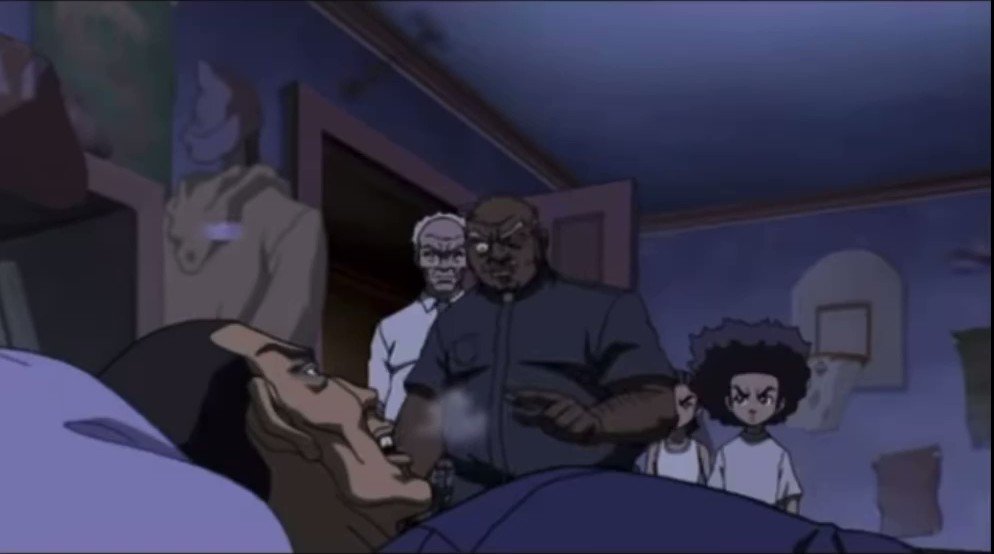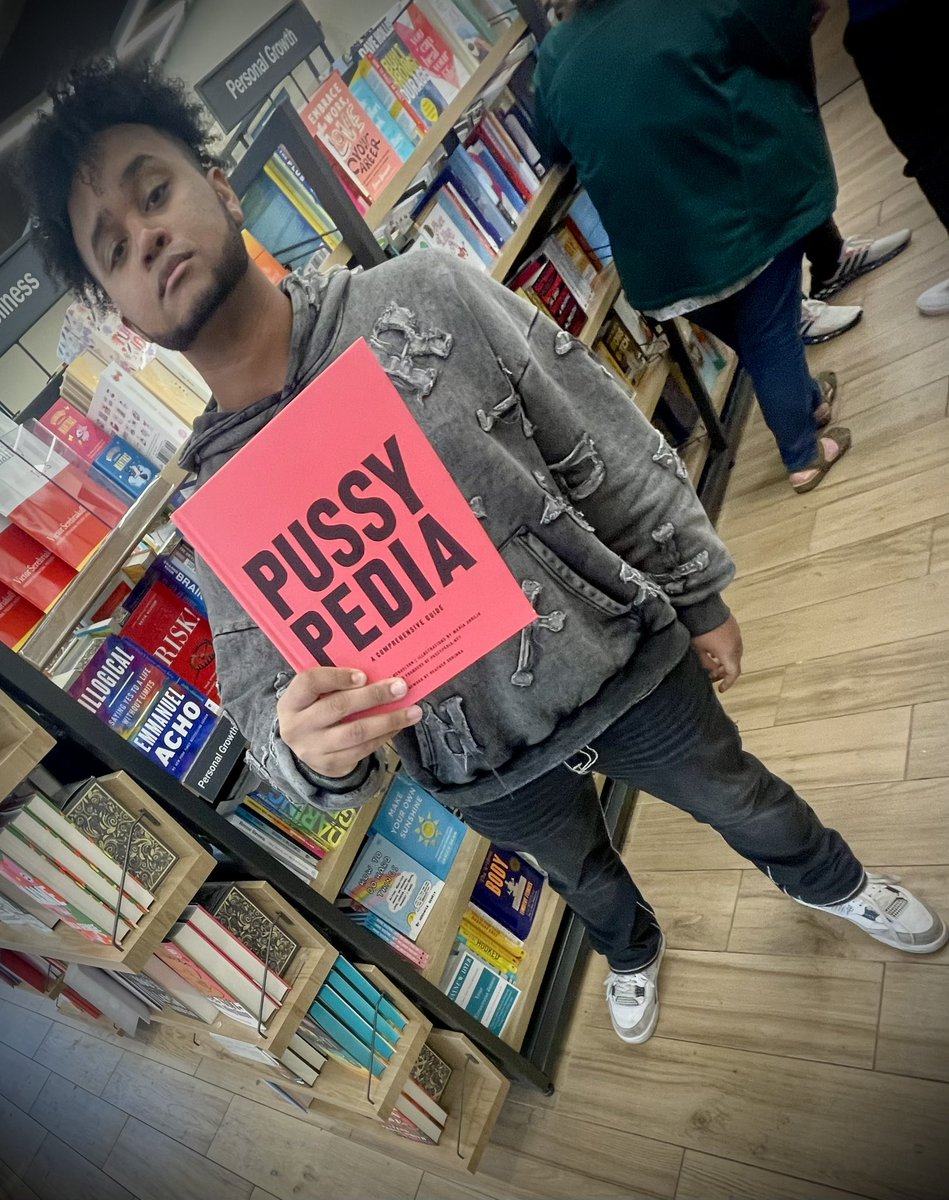Boondocks "Read, Nigga, Read" Scene & Analysis
Can laughter truly be a weapon against societal ills? The Boondocks, and specifically the character of Uncle Ruckus, makes a compelling case for the power of satire, even when it pushes boundaries and sparks controversy.
Uncle Ruckus, the self-proclaimed "black white supremacist" of Aaron McGruder's animated series The Boondocks, isn't just a comical figure; he's a walking, talking paradox. His outrageous pronouncements on race and his fervent hatred for his own people force viewers to confront uncomfortable truths about prejudice and internalized racism. While some may find his rhetoric offensive, his character serves as a distorted mirror reflecting societal biases back at us. Take, for instance, the infamous "Read, nigga, read!" scene from the Season 2 episode "Stinkmeaner Strikes Back." This moment, where Ruckus attempts an exorcism with a book, encapsulates the character's ludicrous worldview and the show's willingness to tackle sensitive topics head-on. The scene is simultaneously hilarious and thought-provoking, prompting discussions about the legacy of slavery, the complexities of Black identity, and the use of satire as a tool for social commentary.
| Full Name | Uncle Ruckus, birth name unknown |
|---|---|
| Occupation | Various odd jobs |
| Family | Unknown |
| Notable Characteristics | Self-hatred, anti-Black sentiment, delusional beliefs |
| Catchphrase | "No relation." |
| First Appearance | The Boondocks pilot episode, November 6, 2005 |
| Creator | Aaron McGruder |
| Reference | IMDb - Uncle Ruckus |
The brilliance of The Boondocks lies in its ability to blend humor with sharp social commentary. The show, adapted from McGruder's comic strip, doesn't shy away from controversial topics. From police brutality and political corruption to the nuances of Black culture and the absurdities of everyday life, The Boondocks tackles it all with unapologetic wit. The "Read, nigga, read!" scene, while built on a seemingly simple premise, carries layers of meaning. It's not just about Ruckus's ignorance; it's about the historical context of literacy being denied to enslaved people and the continued struggles for educational equality. The scene's comedic timing and Ruckus's over-the-top delivery heighten the absurdity, making the underlying message all the more impactful.
The series also expertly uses satire to dissect stereotypes. Uncle Ruckus, with his exaggerated self-hatred, embodies a caricature of internalized racism. Through him, the show explores how societal pressures and historical injustices can warp an individual's sense of self. While some may find the character offensive, his very existence forces a conversation about the insidious nature of prejudice and the ways in which it manifests within communities. The show doesn't offer easy answers, but it does provide a platform for these crucial discussions.
Beyond Uncle Ruckus, the show is filled with memorable moments and quotable lines. From Huey's revolutionary spirit to Riley's embrace of gangsta rap culture and Granddad's attempts to maintain order, the Freeman family embodies the diverse and often conflicting perspectives within the Black community. The show's willingness to explore these internal conflicts, as well as the external pressures faced by Black Americans, sets it apart from other animated series.
The impact of The Boondocks can be seen in its cultural relevance and the enduring popularity of its memes and catchphrases. "Read, nigga, read!" has become a shorthand for highlighting ignorance and the importance of education. The phrase, divorced from its original context, has taken on a life of its own, appearing on t-shirts, social media posts, and even in academic discussions about race and representation.
While the show's use of the n-word remains controversial, it is essential to consider the context. The Boondocks isn't using the word gratuitously; it's using it to reflect the realities of language and the complexities of Black identity. The show challenges viewers to confront the word's history and its continued impact on society. It's a difficult conversation, but one that the show embraces with its characteristic blend of humor and social critique.
The legacy of The Boondocks extends beyond its comedic value. The show has sparked important dialogues about race, class, and culture in America. It has challenged viewers to think critically about the world around them and to question the status quo. And while the show may have ended, its impact on popular culture and the ongoing conversation about race and representation continues to resonate. The satirical genius of Uncle Ruckus, however uncomfortable he may make us, is a testament to the power of comedy to confront even the most challenging aspects of our society. So, the next time you hear "Read, nigga, read!", remember the complex layers of meaning beneath the surface and the enduring power of The Boondocks to make us laugh while simultaneously forcing us to think.


